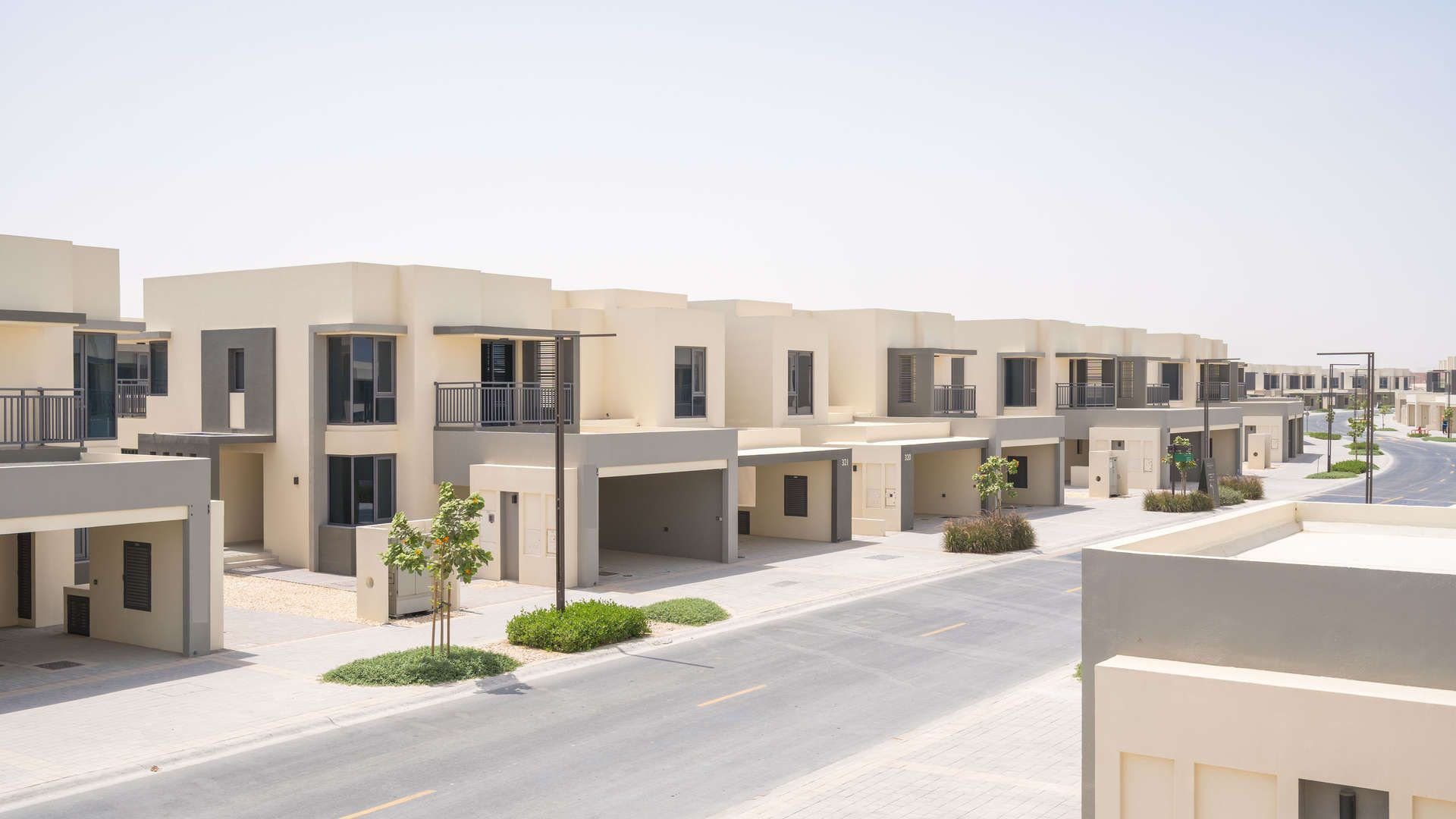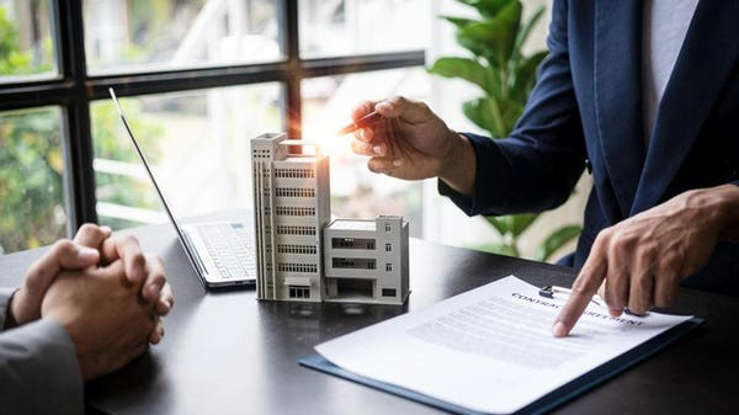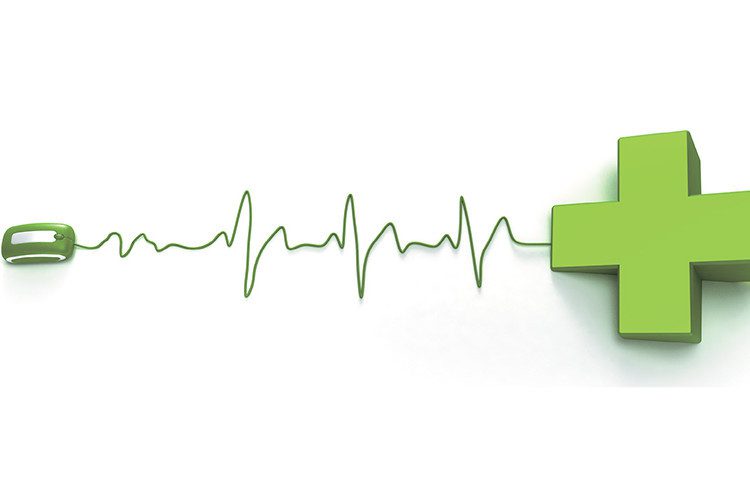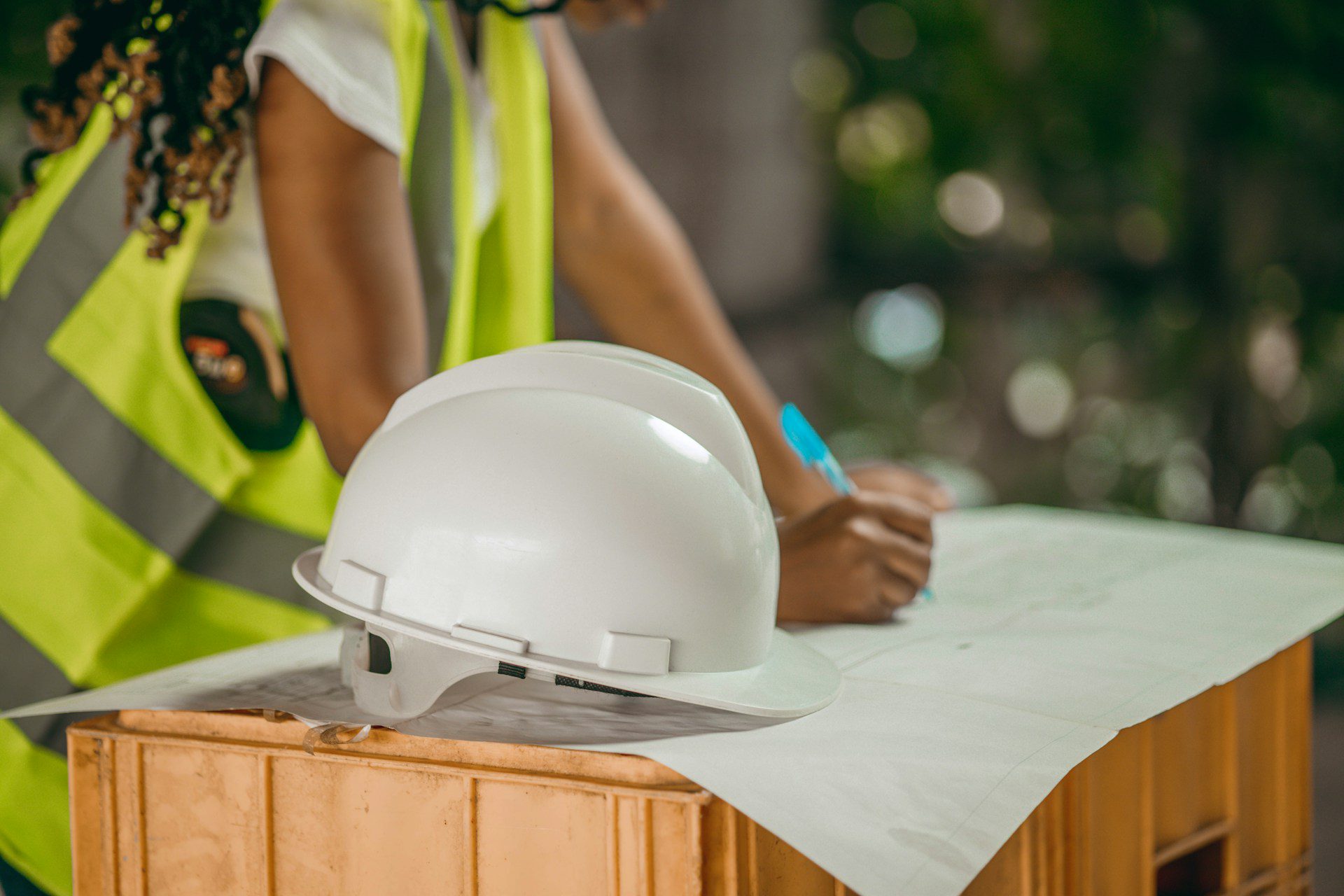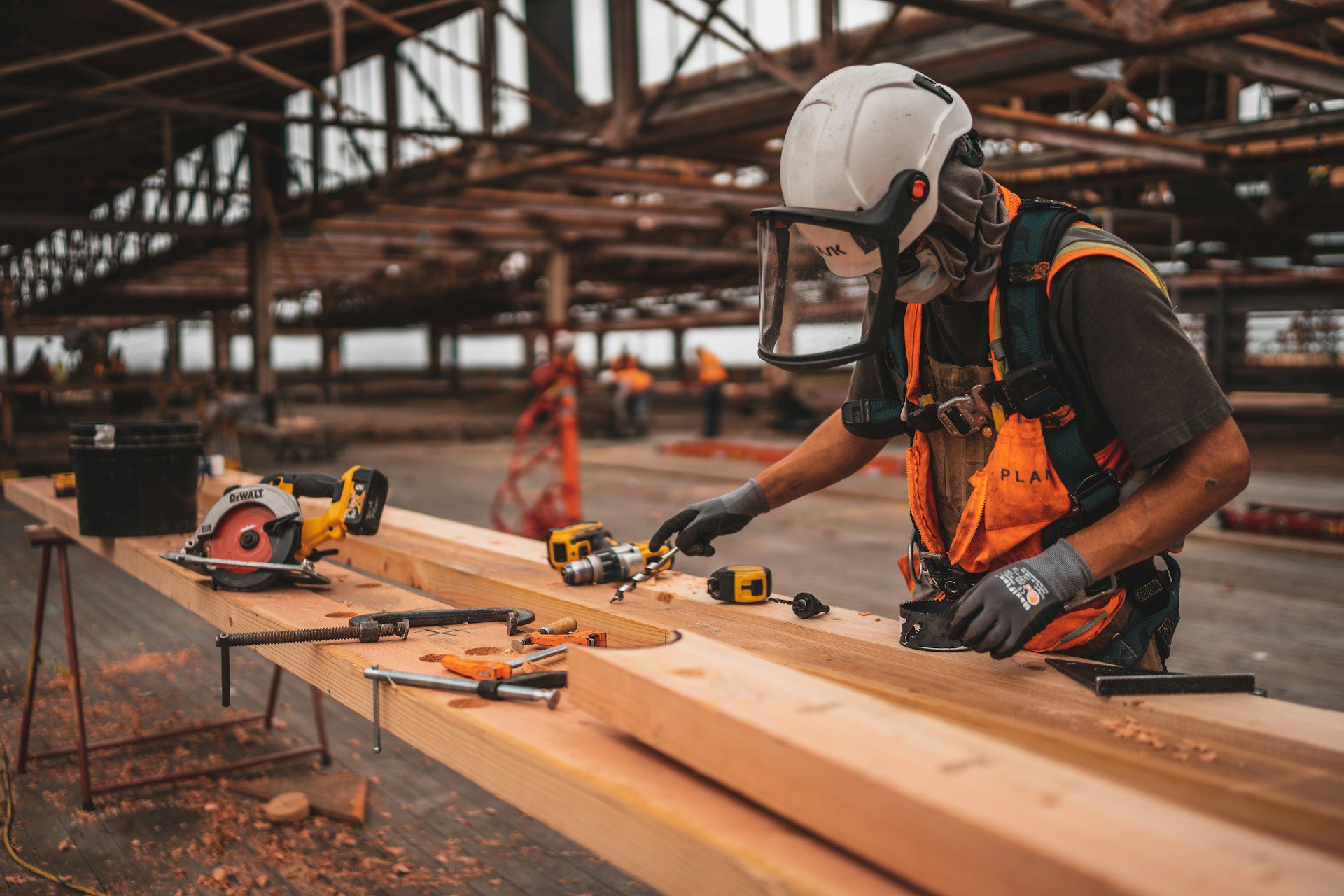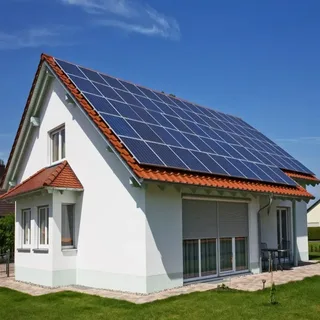
Home solar systems are rapidly redefining the UAE’s residential energy landscape. According to Aldar’s blog, “The Benefits of Using Solar Power in Our Home,” solar panels installed on rooftops generate clean electricity and hot water, providing an eco-friendly alternative to traditional energy sources. These systems reduce utility bills, boost property values, and significantly lower carbon footprints—making them a smart investment both financially and environmentally.
Contents
1. Cost Savings and Return on Investment
One of the most immediate benefits of a home solar system is reduced electricity costs. By generating power from abundant sunlight in the UAE, households can drastically cut monthly bills—sometimes eliminating them entirely during peak seasons . High-efficiency panels optimized for regional intensity improve performance. Although upfront costs range from AED 15,000 to AED 45,000 for typical residential systems, homeowners can expect a full return on investment within 5–7 years—which leaves two decades of free electricity. Reddit users in Dubai report similar timelines, with payback happening in 6–10 years.
2. Environmental Benefits
Solar energy offers a zero-carbon alternative to conventional electricity. By switching to solar, homeowners help reduce greenhouse gas emissions and combat air pollution, contributing to national sustainability goals. In the UAE—one of the top per-capita emitters—solar systems help align residential energy consumption with the national target of achieving 44% renewable energy by 2050. For instance, a typical home solar installation offsets roughly four tons of CO₂ per year—the equivalent of planting over 100 trees .
3. Energy Independence and Grid Integration
Home solar systems not only reduce dependence on the grid but also offer greater resilience. In Dubai, the Shams Dubai initiative allows rooftop solar users to connect to the DEWA grid—feeding surplus energy back and receiving bill credits via net metering . In Abu Dhabi, solar systems are permitted under ADDC approvals, with feed-ins recognized through bidirectional meters—even though full compensation isn’t guaranteed . Whether through daytime savings or resilience during outages, solar reduces vulnerability to rising energy prices .
4. Property Value and Marketability
Solar-equipped homes command a premium in today’s market. Buyers increasingly prioritize energy efficiency and environmental responsibility, making green homes more desirable. Sales listings typically reflect faster turnover and higher property valuations for solar installations . According to Aldar, solar enhancements boost overall property appeal, aligning with growing consumer preferences for sustainability .
5. Government Incentives and Support
The UAE government continually drives solar adoption through incentives. Initiatives like Shams Dubai, the Abu Dhabi Sustainable Finance Framework, and net metering schemes offer rebates, loans, and credits for homeowners. These support mechanisms reduce initial costs and make solar investments more financially viable, fostering broader uptake across regions .
6. System Components & Maintenance
A working home solar system typically includes high-efficiency PV panels, inverters, optional battery storage, and a monitoring setup. Aldar recommends choosing quality components with warranties (25–30 years for panels, 10–15 years for inverters) to ensure long-term value . Regular maintenance—primarily cleaning panels twice a year—is essential in dusty environments like the UAE . Proper installation, such as allowing airflow under panels, maintains efficiency in high-temperature climates .
7. Integrating with Net-Zero Goals
Home solar systems support the UAE’s broader clean energy agenda. Aldar is proactively partnering with Yellow Door Energy to install 34 MW of solar capacity across 45 properties—reducing 23,000 tonnes of CO₂ annually and contributing to national Net Zero targets . With the UAE aiming for 44% renewable energy by 2050 and 5 GW of large-scale solar by then, home-based solar plays a critical role in decentralized energy generation.
Conclusion
Home solar systems in the UAE are more than eco-friendly upgrades—they’re financially intelligent investments. With significant cost savings, strong environmental impact, enhanced energy independence, and high resale appeal, they represent a compelling choice. Supported by government initiatives and improving ROI, solar power is an accessible and sustainable path for homeowners. As national priorities lean increasingly toward clean energy, installing solar today means contributing to a greener future and reaping both personal and planetary gains.


